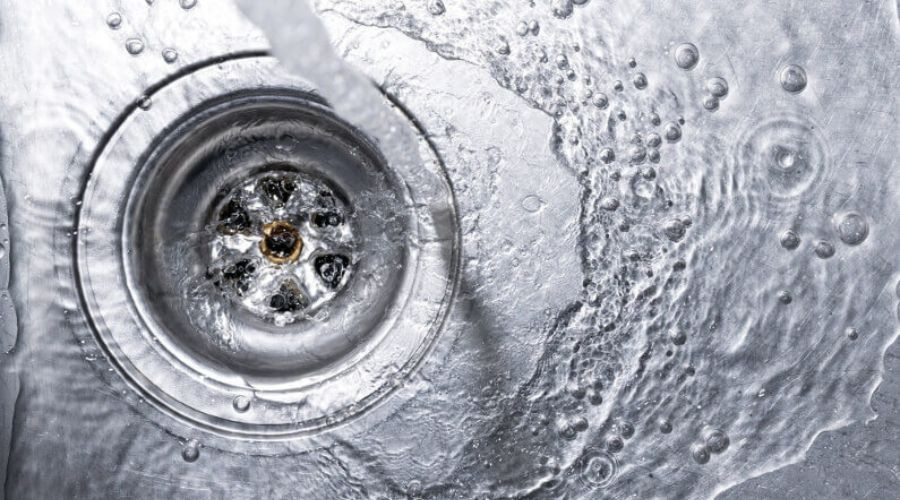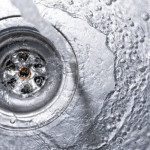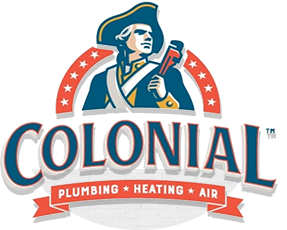Preventing Drain Clogs
The sewers and drains in a home are usually so reliable that people take them for granted. That is until there is trouble. A clogged sewer line can quickly grind all of the progress in a home to a halt until repairs are completed. No homeowner should have to deal with this situation!
Luckily, clogged sewer lines are easier to prevent than repair. With a few changes in habits and some periodic help from the experts, owners can say goodbye to chronic sewer line clogs. Here are the best tips to help prevent sewer line clogs.
Schedule Professional Drain Cleaning
 Every homeowner knows it takes a list of professionals to fix serious problems around the home. Most homeowners keep the phone numbers of tradesmen like electricians, HVAC technicians, and plumbers in their contacts list to have someone to call when problems arise. The first step in preventing sewer line clogs is to use the plumber’s phone number more often.
Every homeowner knows it takes a list of professionals to fix serious problems around the home. Most homeowners keep the phone numbers of tradesmen like electricians, HVAC technicians, and plumbers in their contacts list to have someone to call when problems arise. The first step in preventing sewer line clogs is to use the plumber’s phone number more often.
Scheduling professional drain cleaning is a great way to prevent clogged sewer lines. During preventative drain cleaning, experts will remove the potential sources of clogs from all of the drains and inspect the sewer line for lurking problems. If sewer lines are dirty, they may employ hydro jet drain cleaning to remove grime from the inside of pipes that will contribute to clogs. Aim to have an expert clean and inspect drains about once yearly for best results.
Use Mesh Drain Screens and Hair Catchers
 One of the easiest habits to implement to prevent sewer line clogs is to use special screens for drains. Most sewer line clogs are caused by unwanted materials inside drains and sewer lines, like food waste and hair. Even foreign objects find their way into the plumbing and cause big problems.
One of the easiest habits to implement to prevent sewer line clogs is to use special screens for drains. Most sewer line clogs are caused by unwanted materials inside drains and sewer lines, like food waste and hair. Even foreign objects find their way into the plumbing and cause big problems.
Devices like mesh screens for kitchen sinks and hair catchers for showers and tubs can stop the majority of matter likely to cause drain clogs. Installing these devices and emptying them after every use means no clog-forming material can make it into sewer lines. These can even be helpful in kitchen sinks with garbage disposals. Always leave toilet lids down for extra points so that foreign objects don’t fall into the basin.
Properly Dispose of Food Waste
One of the biggest contributors to sewer line clogs is improper food waste disposal. Too often, homeowners make the mistake of pouring grease down the drain and assuming the garbage disposal is intended to grind up and rinse away food scraps. This is an unfortunate misunderstanding.
Cooking oil and grease may stay liquid when warm, but as any home chef knows, the fats start solidifying when they cool down. The fats solidify inside drain and sewer lines and adhere to inner walls. These soft globs of fat then grab other debris and form a nasty clog that can cause major backups. Instead of pouring grease down the sink, discard it in the garbage. This goes for food scraps as well. Toss things like:
- Vegetable peels
- Coffee grounds
- Meat scraps
- Food residue
- Leftover food
About Colonial Plumbing & Heating Co., Inc.
Colonial Plumbing & Heating Co., Inc. has the tools and experience to help home and business owners with drain clogs. Their emergency service is always on call, and their experienced technicians are ready to handle any problem. Call today for a plumbing service in Colonial Heights, VA.


























